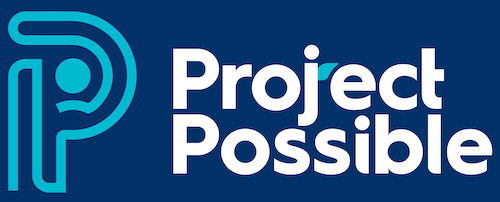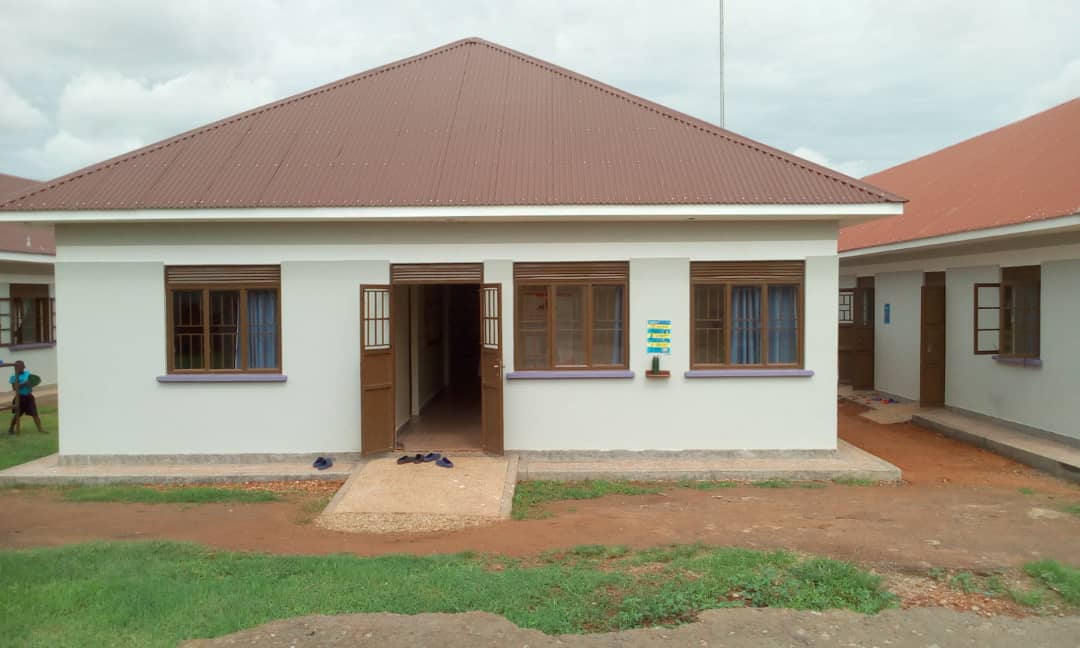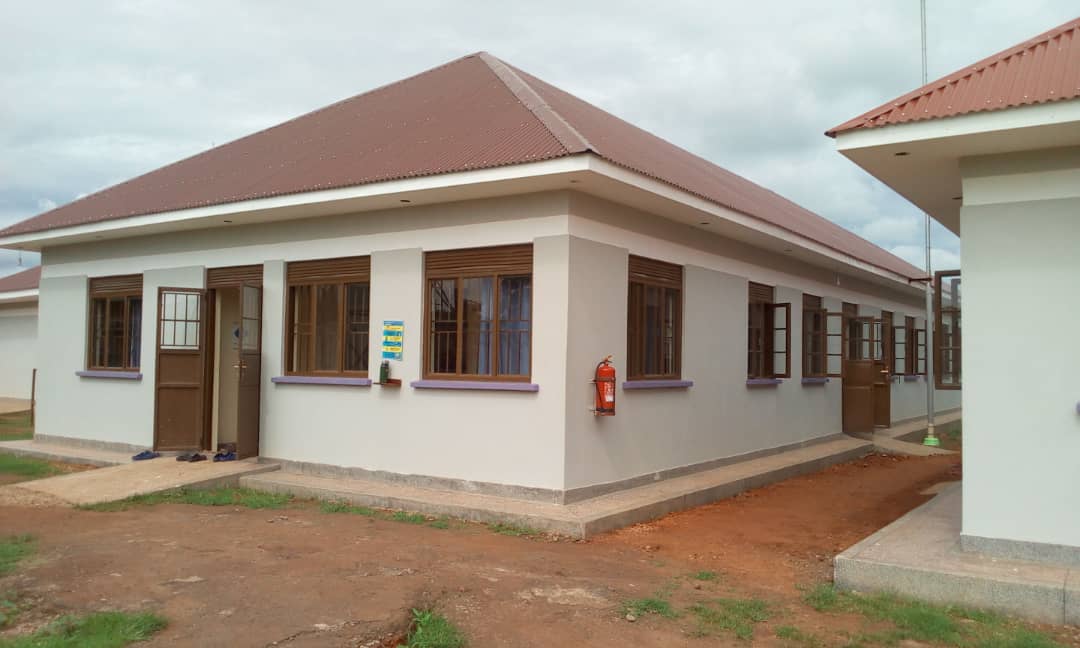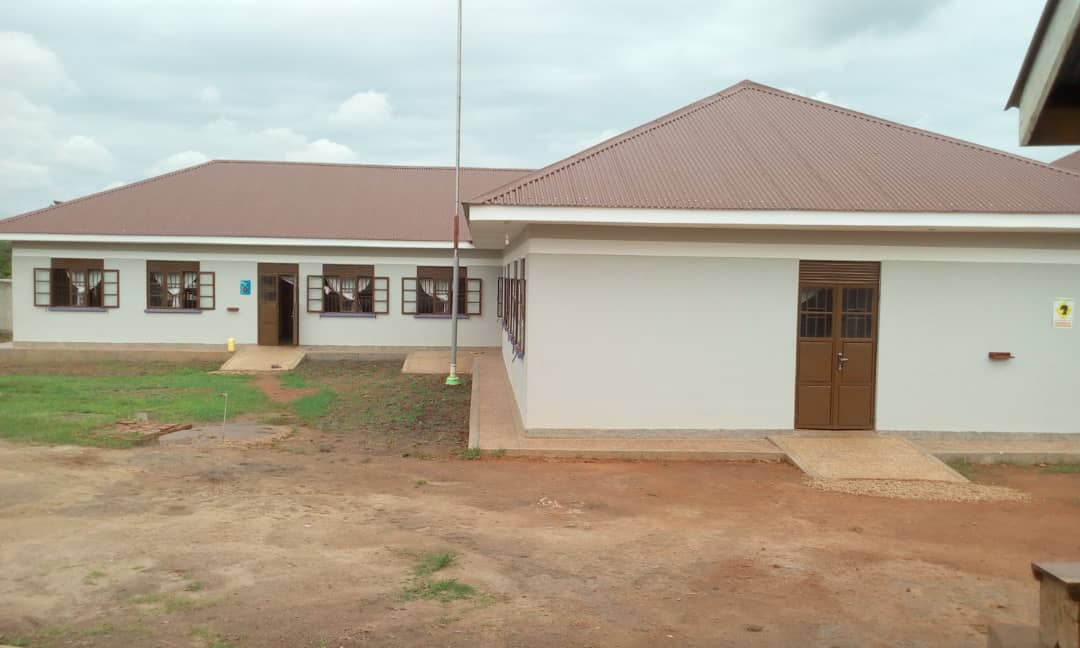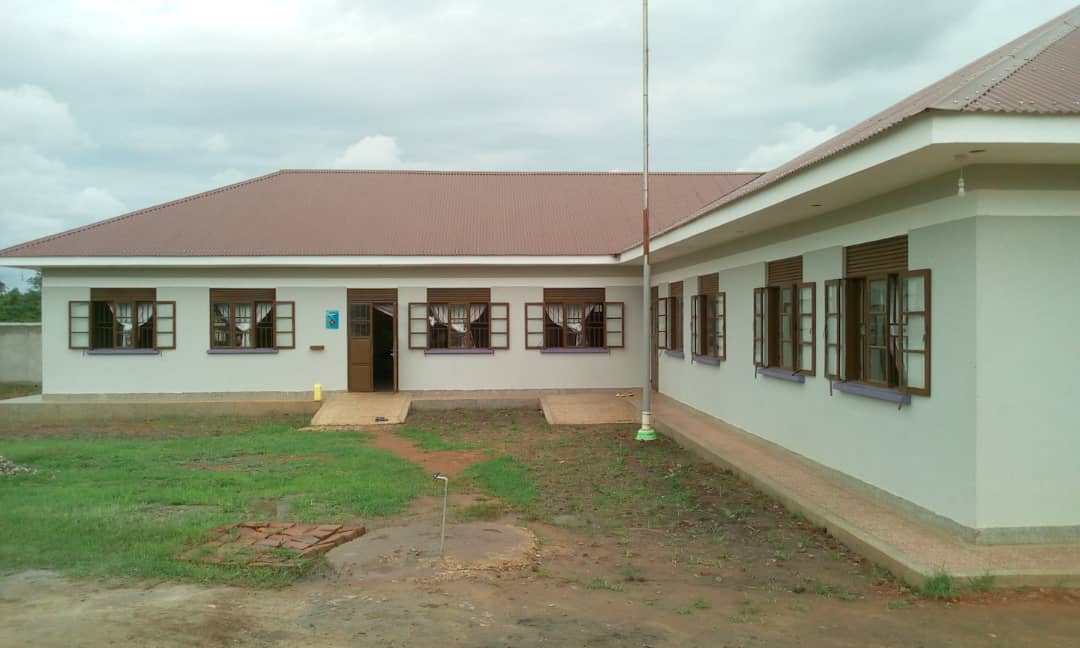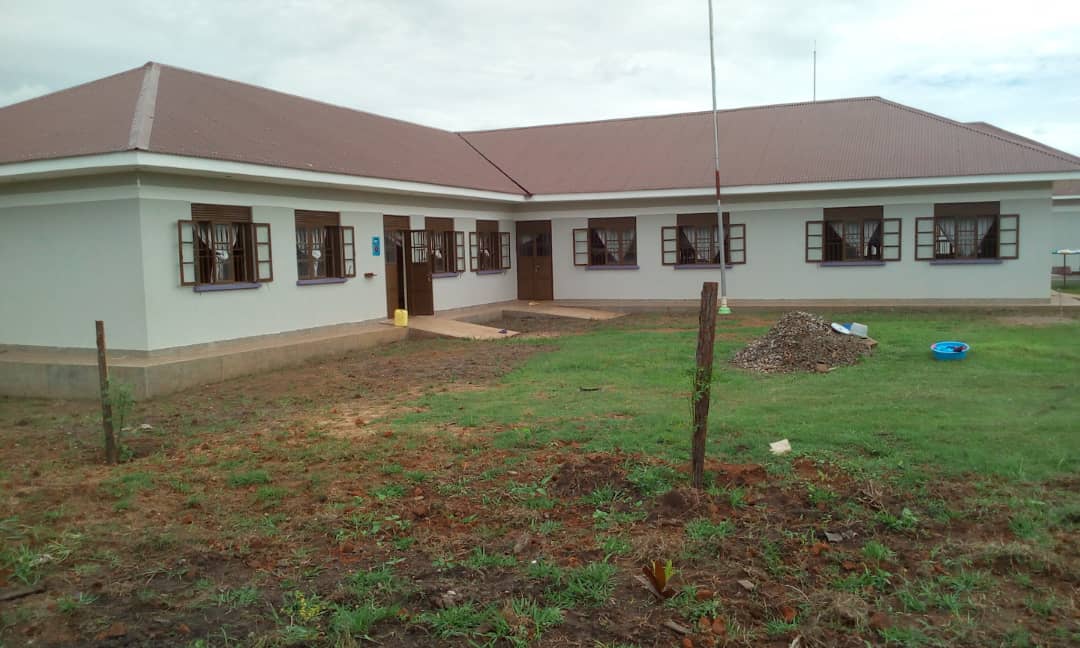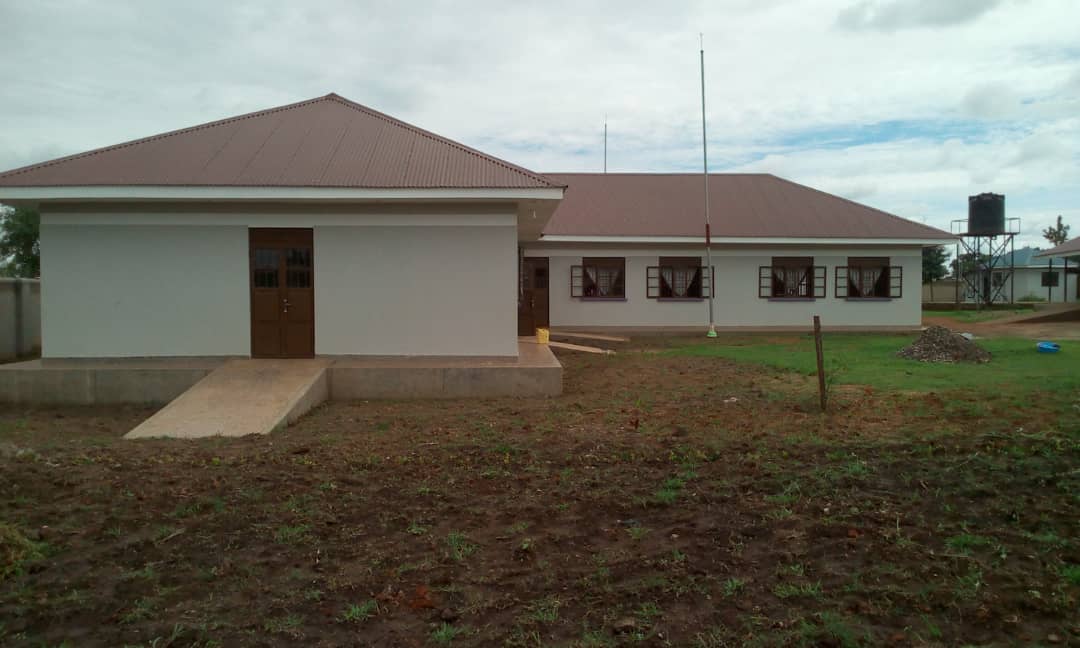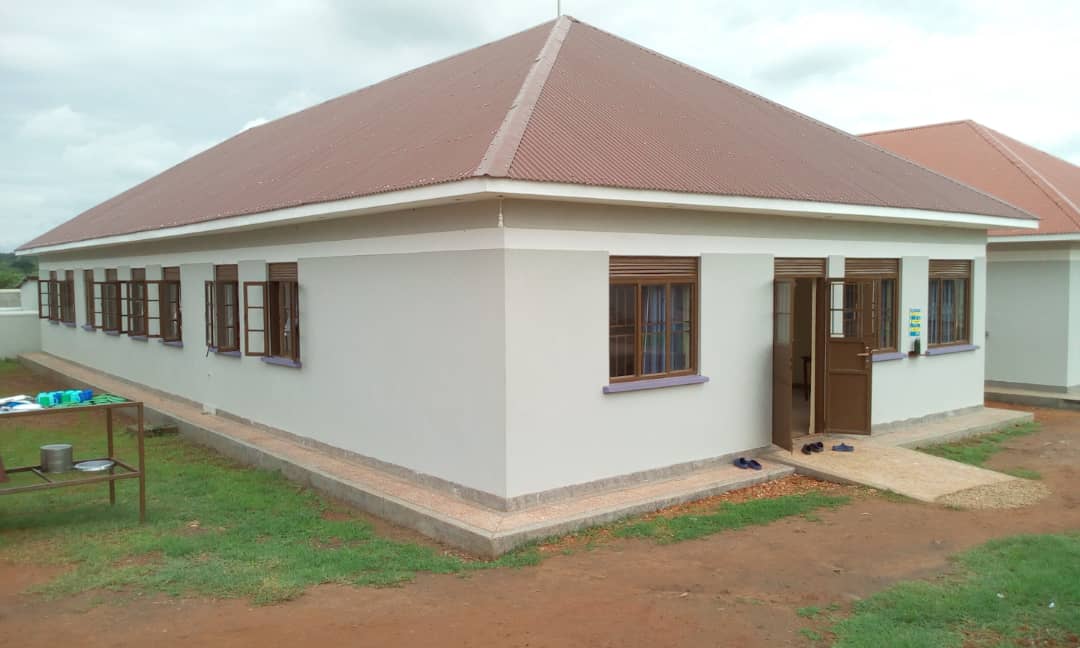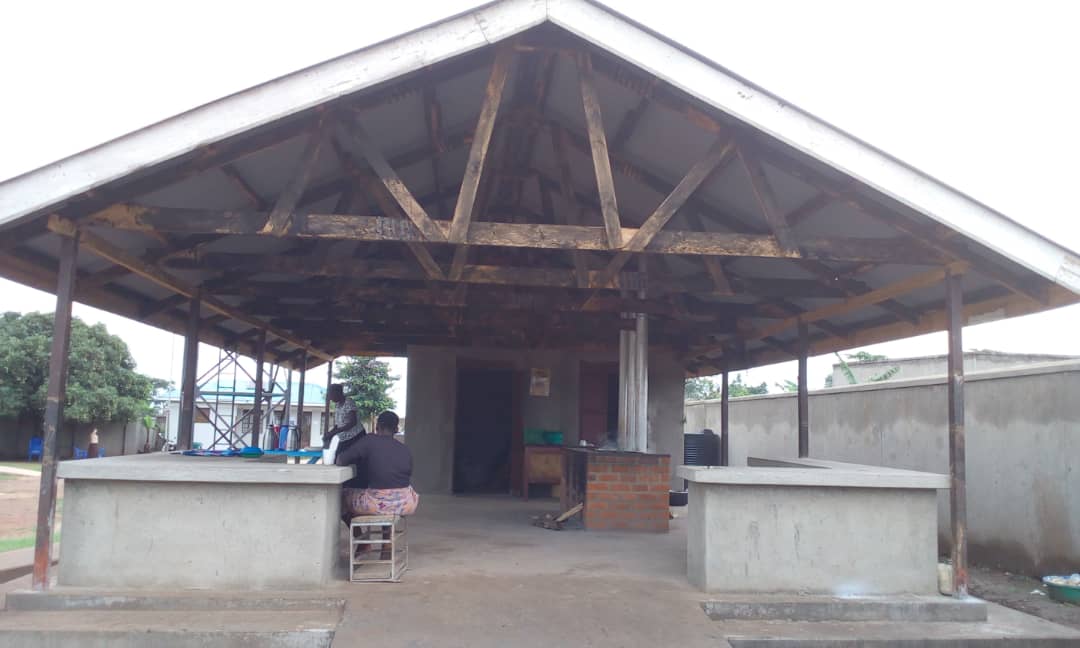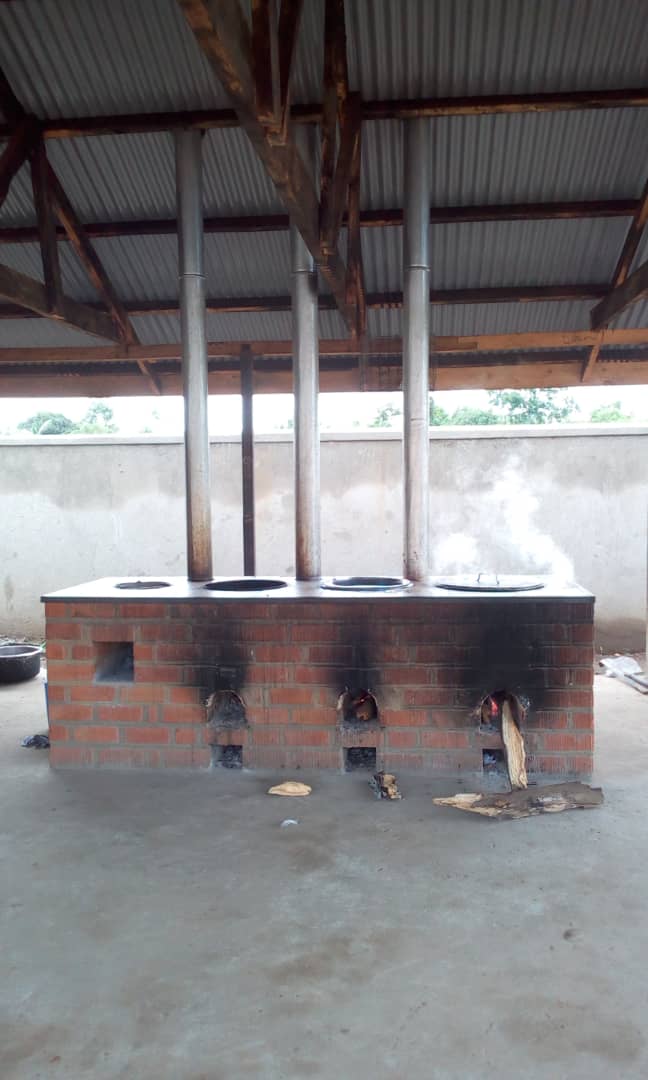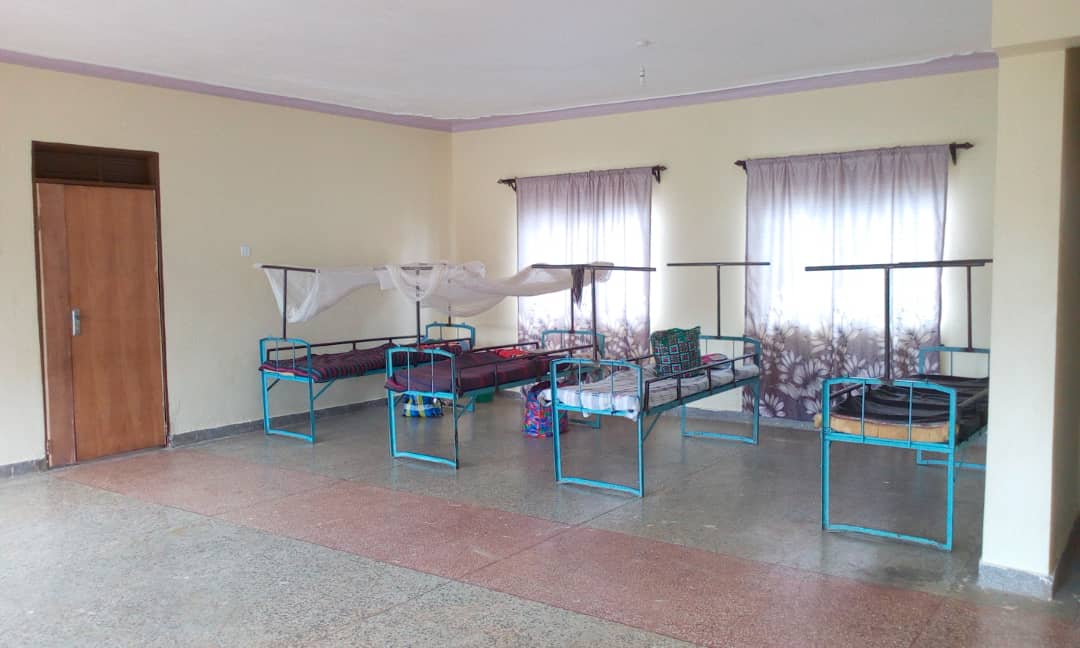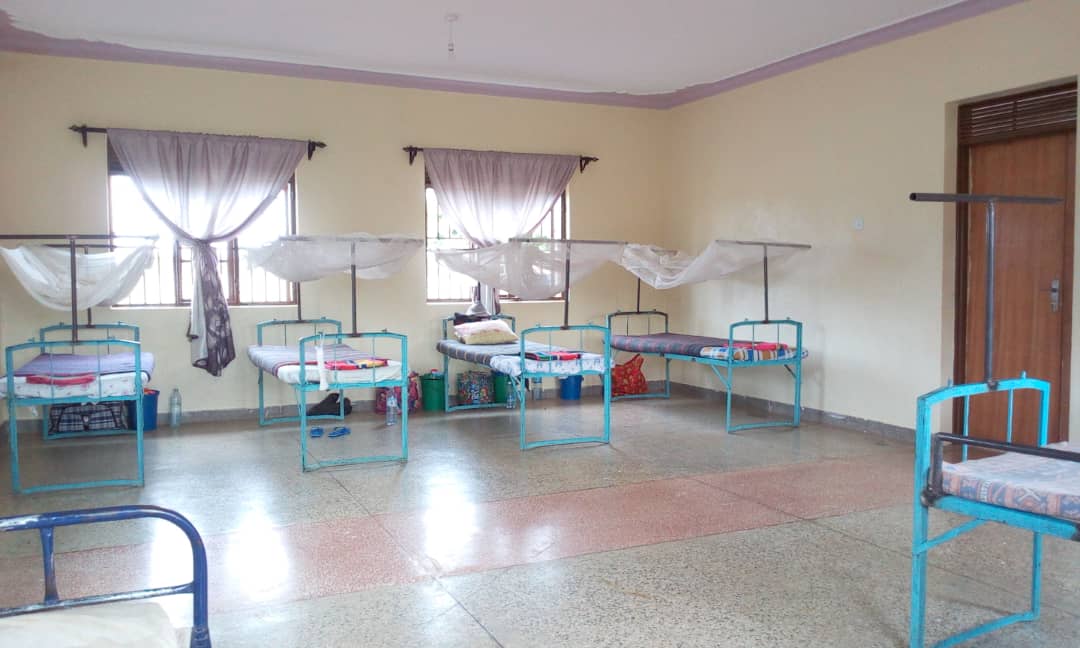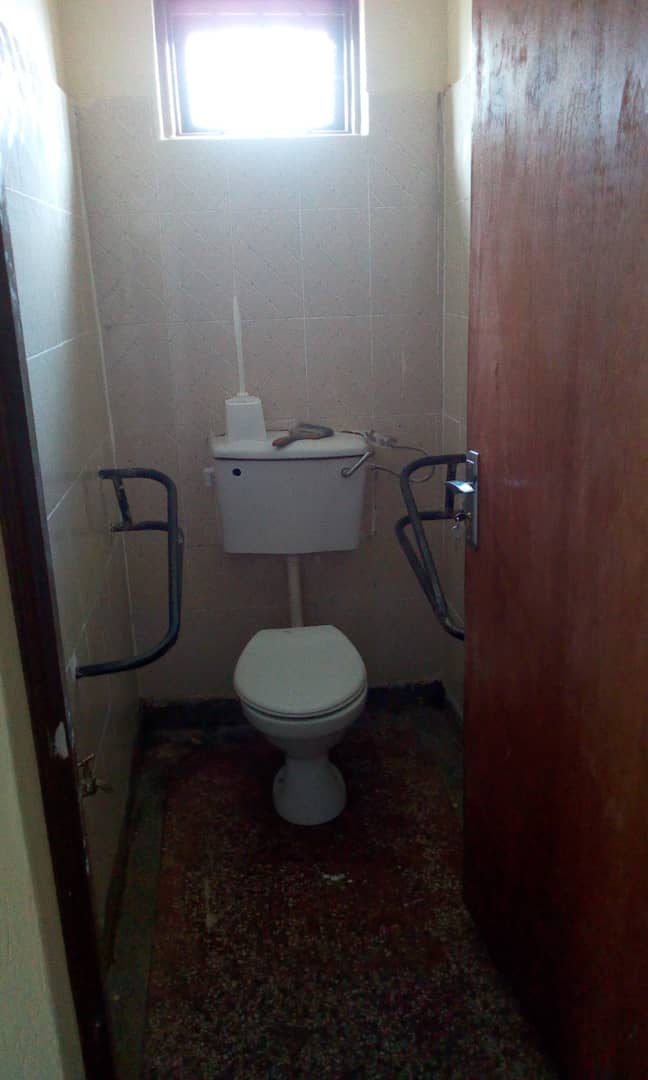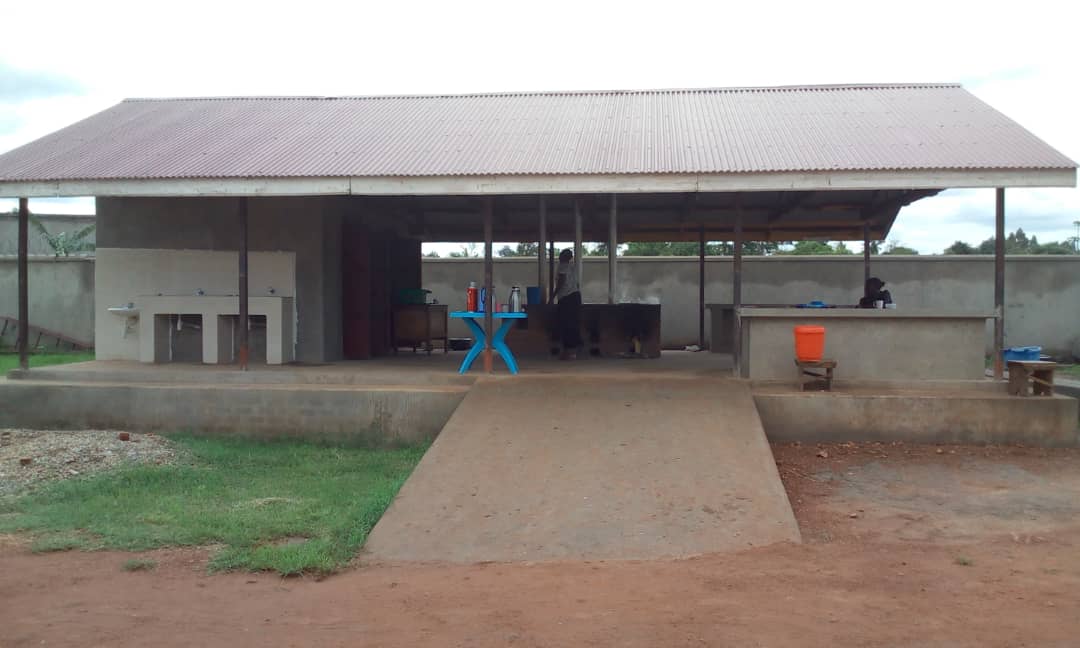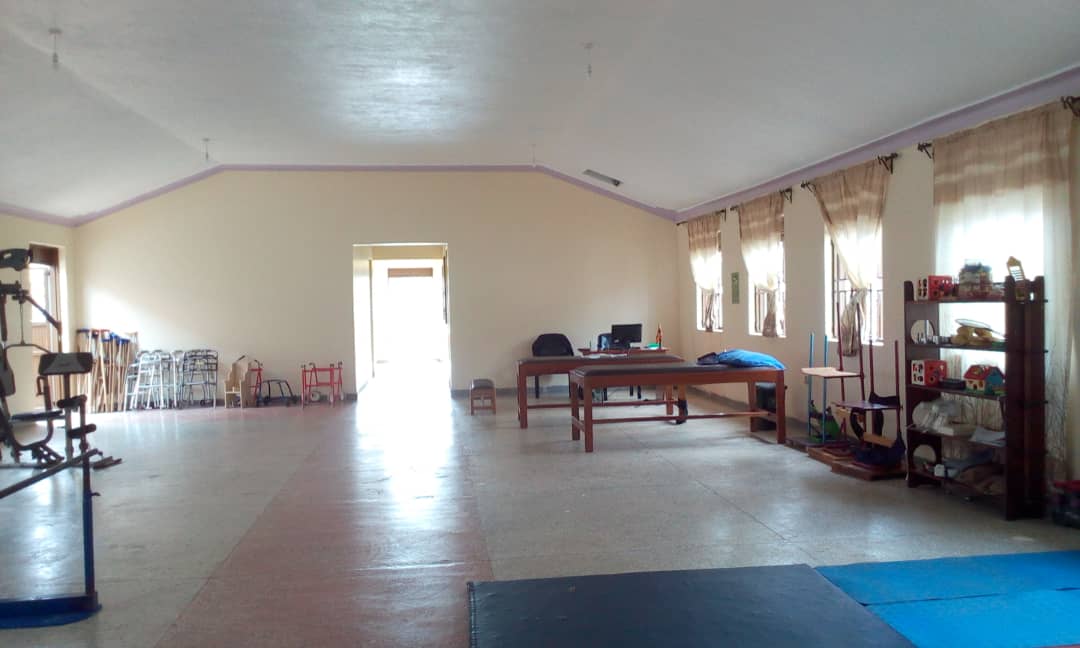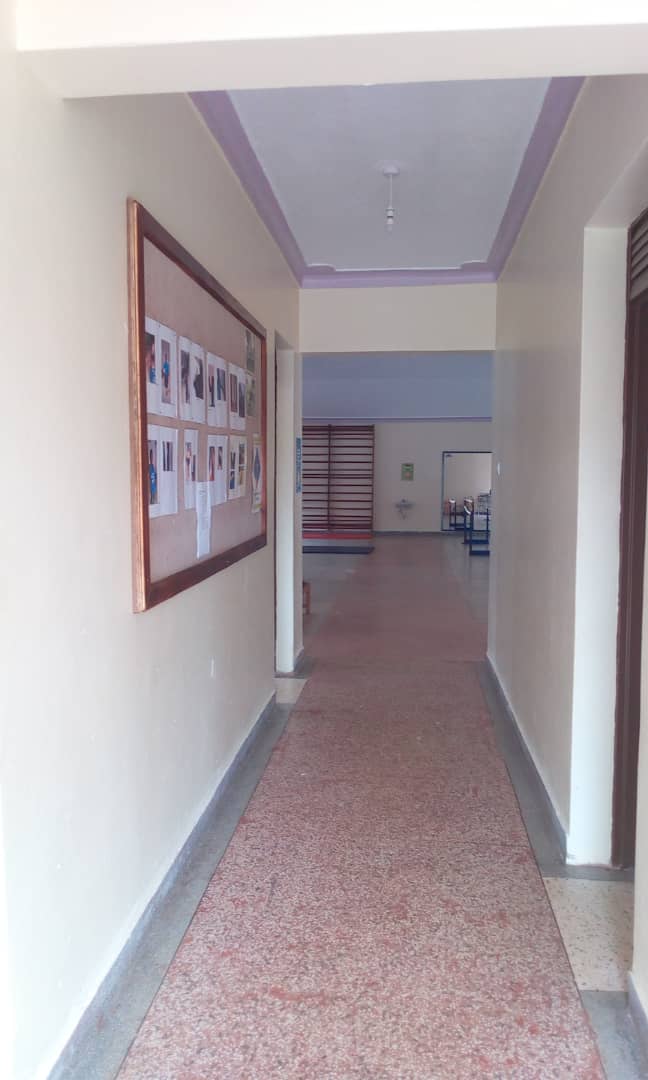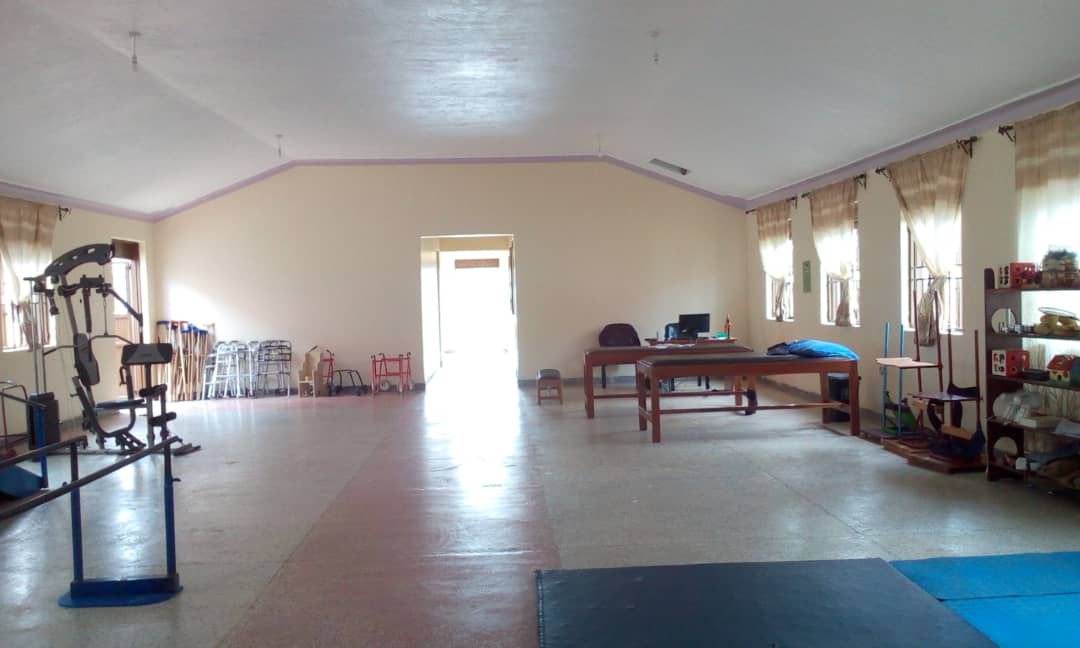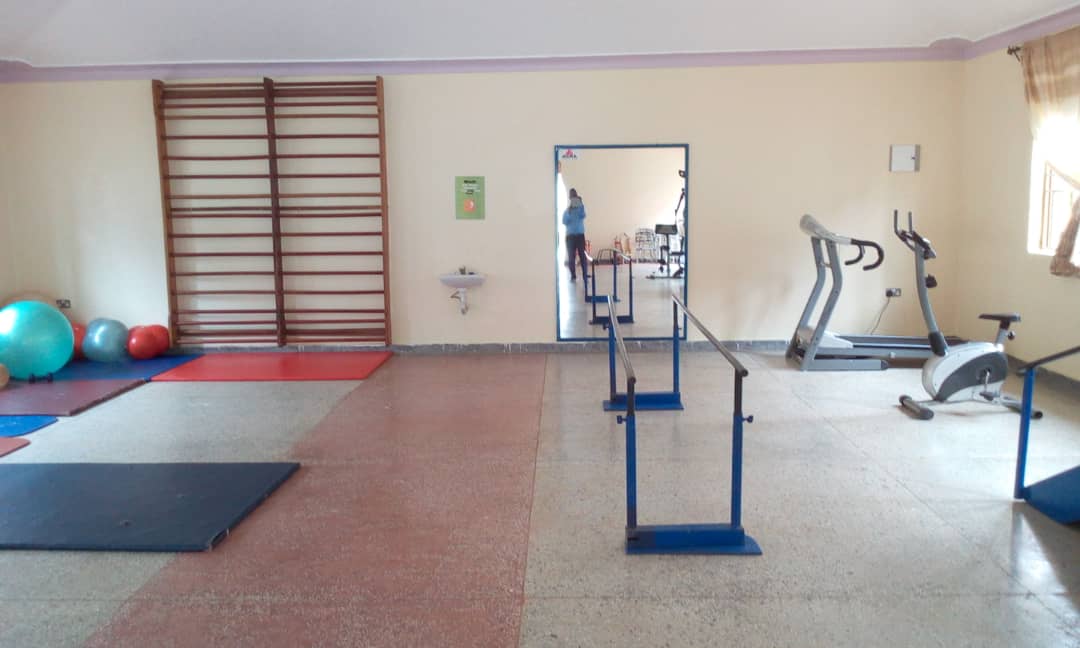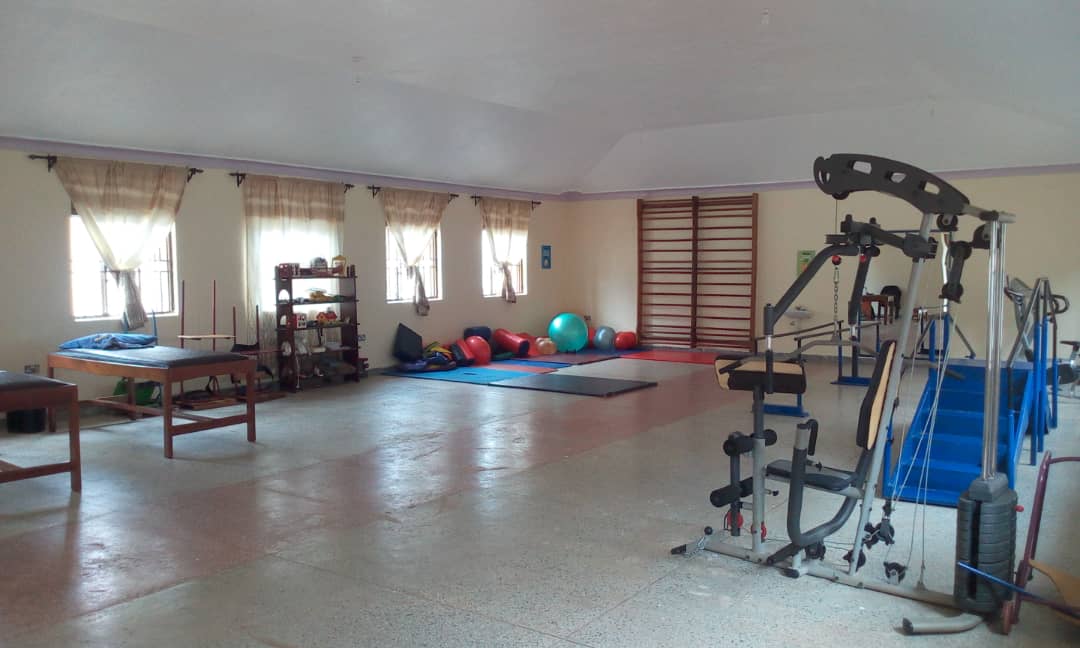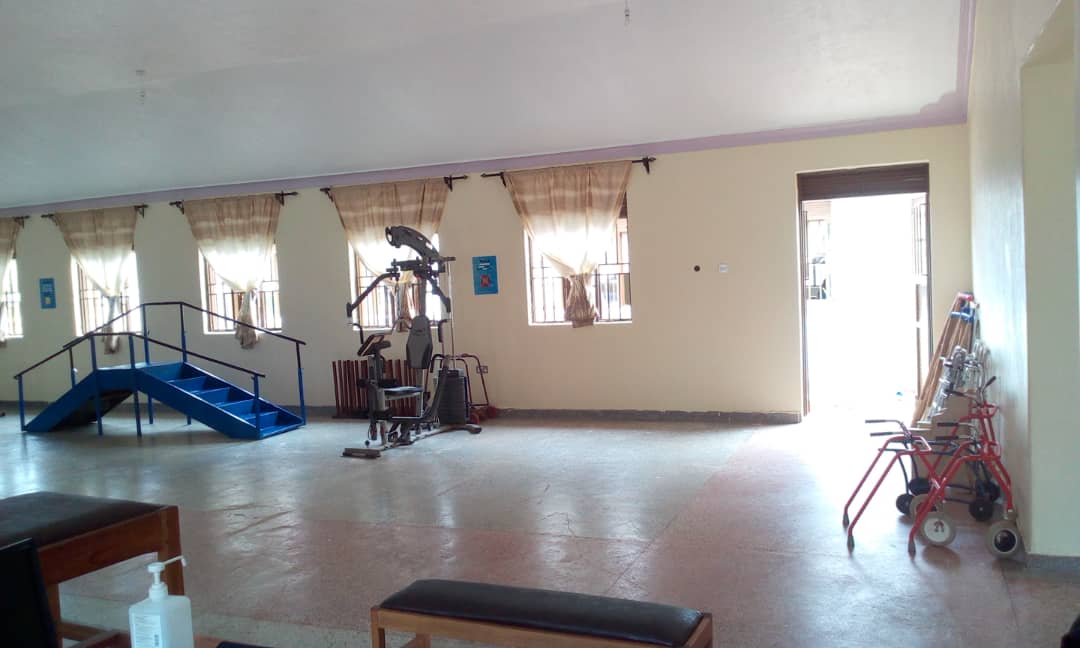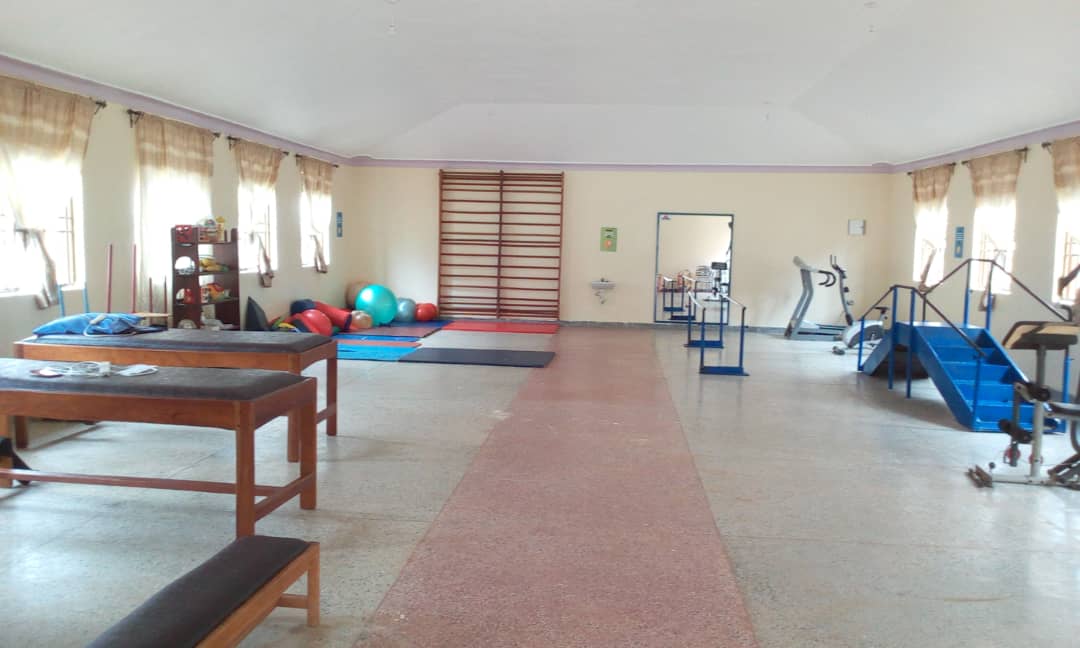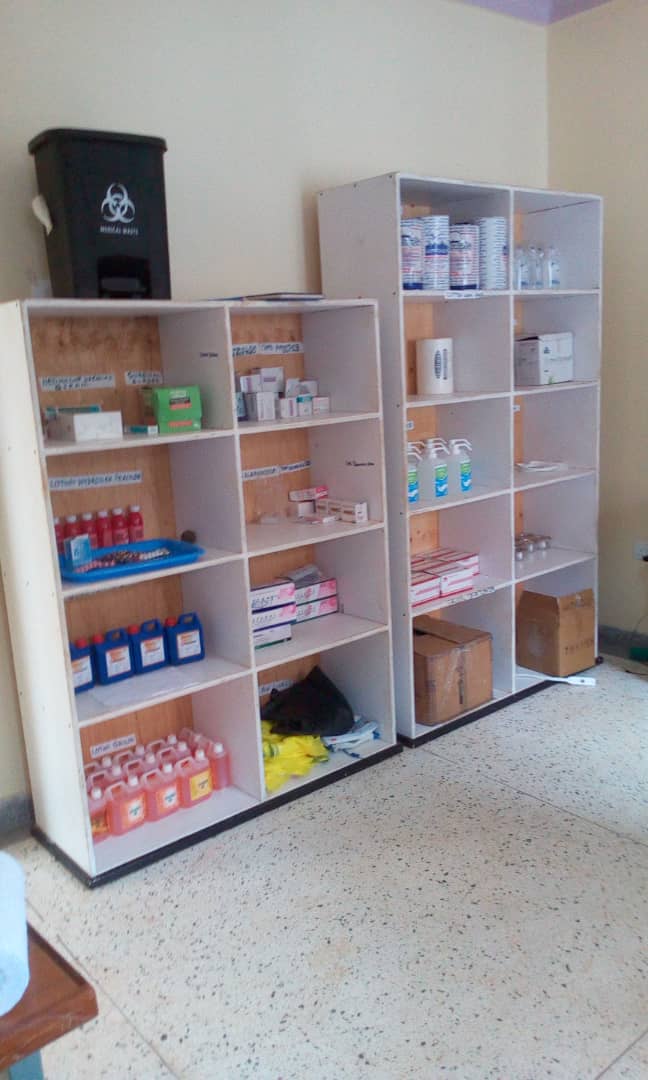Adina
(Lira, Uganda)
A New Beginning
Our largest Project ever that will be completed late 2020 and operated by our partner Adina Foundation Uganda (AFU), which was officially registered in 2009, is a partner of Adina Foundation Norway. AFU’s establishment was a result of cooperation between individuals who would come to make up the Lira Rehabilitation Center (LRC) staff, founding Ugandan members of Adina Foundation Uganda, and Adina Foundation Norway. Since 2009, AFU has been AFN’s partner in Uganda working for the rehabilitation of children with disabilities (CWDs).
Lira and Northern Uganda is a region historically associated with conflict and developmental issues. The region’s latest conflicts stemmed from the actions of Josef Kony and the Lord’s Resistance Army which ended a decade ago. Northern Uganda has also been historically neglected as a region by its own government, leaving access to social services and infrastructure wanting for its inhabitants and children. The issue of lacking social services (particularly those regarding the health of CWDs) is where Adina Foundation Uganda (AFU) has focused.
Community Based Rehabilitation
According to UNICEF’s recent 2014 study on CWDs in Uganda there are approximately 2.5 million CWDs in the country, with most of these children being found in the rural areas of Northern Uganda (Uganda’s current population is estimated at 43 million). Since 2010, Lira Rehabilitation Center (LRC) has worked in Lira and Alebtong Districts, assessing over 5000 children for mobility disability rehabilitation, with over 1750 children having been given full rehabilitative services. With the opening of the new Team Jake Campus we funded, the services and capabilities will be increased greatly!
Lira Rehabilitation Center (LRC) aims to give comprehensive treatment to CWDs of Lira, Alebtong, and (in the future) Dokolo District. LRC’s impact goal is that “Children with disabilities (CWDs) fully participate as equal members of the community”. To achieve this, LRC does not deal in providing singular rehabilitative interventions alone but sees the significance in helping CWDs through the process of holistic rehabilitation and the use of Institutional Rehabilitation and CBR methods in order for CWDs to be reintegrated into society. This process is enacted through physical rehabilitation (physiotherapy, corrective surgery, and provision of assistive devices), education, psychosocial counselling, livelihood support to the families of CWDs, and the advocacy of CWDs’ rights.
LRC’s institutionalized rehabilitation (IR), and community based rehabilitation approaches (CBR), deliver the following activities:
Institutionalized rehabilitation: Children receiving IR stay at LRC on average three months and receive physiotherapy, psychosocial support, and education through “catch-up” classes. When necessary, mobility devices are given, and/or surgeries are facilitated in cooperation with CoRSU in Kampala, Kumi Orthopedic Centre near Soroti, or CURE children’s hospital in Mbale.
Community based rehabilitation: Through CBR, the rehabilitation process of CWDs that begun at LRC is extended to homes, communities, and schools so as to create favorable environments which will best foster and advance their inclusion. In order to realize the CBR approach, LRC coordinates with state run clinics (outreach clinics) in its focus areas for the follow up of rehabilitated CWDs, the assessment of new patients, and the dissemination of information about sensitivity regarding the treatment CWDs. LRC partners with schools for the training of teachers on how to create inclusive environments for CWDs, and to follow up on CWDs’ scholastic performance. LRC helps initiate and support the establishment of Parent Support Groups (PSGs) of CWDs to provide support networks for rehabilitated CWDs. PSGs are forums for the teaching of FAL (Functional Adult Literacy) classes, GBV (Gender Based Violence) classes, rights of CWDs, Adina savings and loans schemes, and preparation of IGAs (Income Generating Activities). PSGs are designed to fortify the economic and educational state of CWD’s parents to help them become autonomous groups standing for their rights and that of their CWDs. PSGs also include non-CWD parents to partake in informative trainings and Adina savings and loan schemes. LRC’s CBR approach also works with advocating CWDs rights through local government leaders and offices, radio stations, community dialogue meetings, and advocacy activities (in addition to activities held at schools, clinics, and PSGs).
